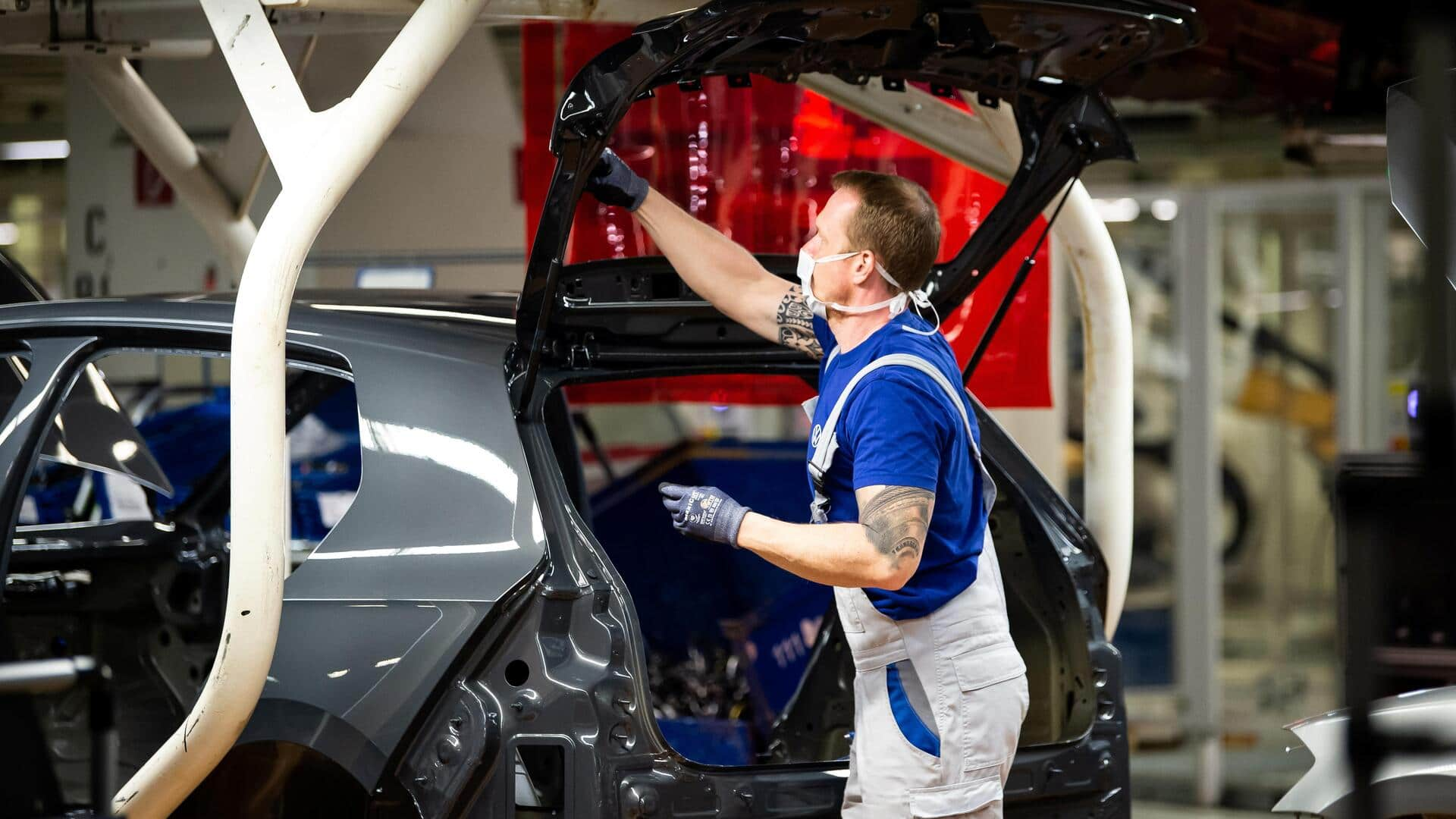
Germany's industrial output decline in August stirs recession concerns
What's the story
Germany's industrial sector saw its fourth month of decline in a row in August, with output dropping by 0.2%, as reported by the Federal Statistics Office. This dip, more than the 0.1% decrease predicted by Reuters analysts, has sparked worries about a possible recession in the country. The July production data was revised to show a 0.6% month-on-month decline, compared to the initial 0.8% drop reported.
Details
Factors contributing to the decline
Several factors contributed to the overall decline in industrial output in August. They include a 2.4% drop in construction production, a 6.6% decrease in energy production, and a 2.3% fall in machinery and equipment manufacturing. On the bright side, the automotive industry saw a 7.6% growth in the month. Industrial orders also rose by 3.9% due to an increase in computing, electronic, and optical products.
What Next?
Outlook for the German industrial sector
Despite the rise in industrial orders, the outlook for the German industrial sector remains challenging. High inventories and thin order books suggest that production will likely continue moving sideways rather than gaining momentum in the near future. Germany's manufacturing sector, which makes up about one-fifth of its economy, is currently stuck in a downturn with the HCOB's final Purchasing Managers' Index (PMI) for manufacturing standing at 39.6 in September.
Insights
Potential impact on German GDP
Economists predict that high interest rates, coupled with falling demand will lead to further contraction of German industrial output in the coming months. Franziska Palmas, a senior Europe economist at Capital Economics, expects that German GDP will contract during both the third and fourth quarters of this year, which would result in a technical recession. This comes as industrial production, retail sales, and exports have all disappointed in the first two months of the third quarter.